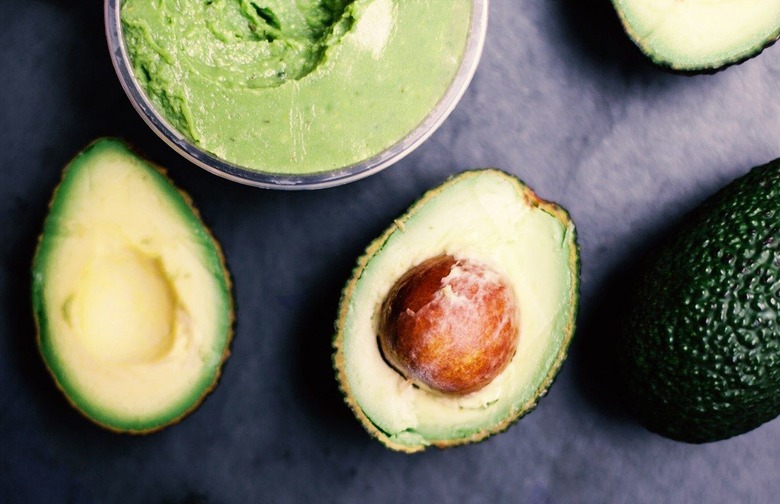What Global Warming Means For Apples, Tomatoes, And 15 Other Foods
According to the United States Environmental Protection Agency, the Earth's climate is changing (despite how the agency's new chief, Scott Pruitt feels) — glaciers are melting, sea levels are rising, rain patterns are shifting, and extreme weather events are growing more and more common. Record temperatures are dramatically influencing all forms of life, and while a stranded polar bear treading water in a barren Arctic Ocean pulls at our heart strings, this image pales in comparison to the potential devastation climate change will have on the global agricultural system.
Click here to view the What Global Warming Means for Apples, Tomatoes, and 15 Other Foods Slideshow
Models and projections from National Geographic show that, overall, there will be a general decline in global agricultural output, but not all crops (nor all regions) will equally bear the brunt of an increasingly warm planet, higher CO2 levels, and greater soil salinity. Potato farmers in northern Europe will experience longer growing seasons while southern Europe's will grow shorter. More land in Guatemala, Honduras, and Ecuador will be available for banana cultivation, while less will be available for coffee. West Africa's rice industry is predicted to expand, while their legume production is projected to suffer.
And then there is the unknown — the unpredictable effects that this unprecedented change in weather will have on the world's food supply. Fortunately, these seemingly insurmountable circumstances are not beyond mending. It will be difficult to stymie the current trajectory of rising temperatures, but scientists are developing crops that can thrive in these alternative climates and conditions. Even now, researchers are creating 30 new varieties of beans that can survive the worst-case climate change scenarios.
But when the inevitable demise of planet Earth gets you down, try to remember that at least grape growers in the French countryside will have an early ripening season, enabling them to produce some very, very high quality wines(unless the vineyard is hit with a late frost, of course).
Here is what global warming means for apples, tomatoes, and 15 other foods.
